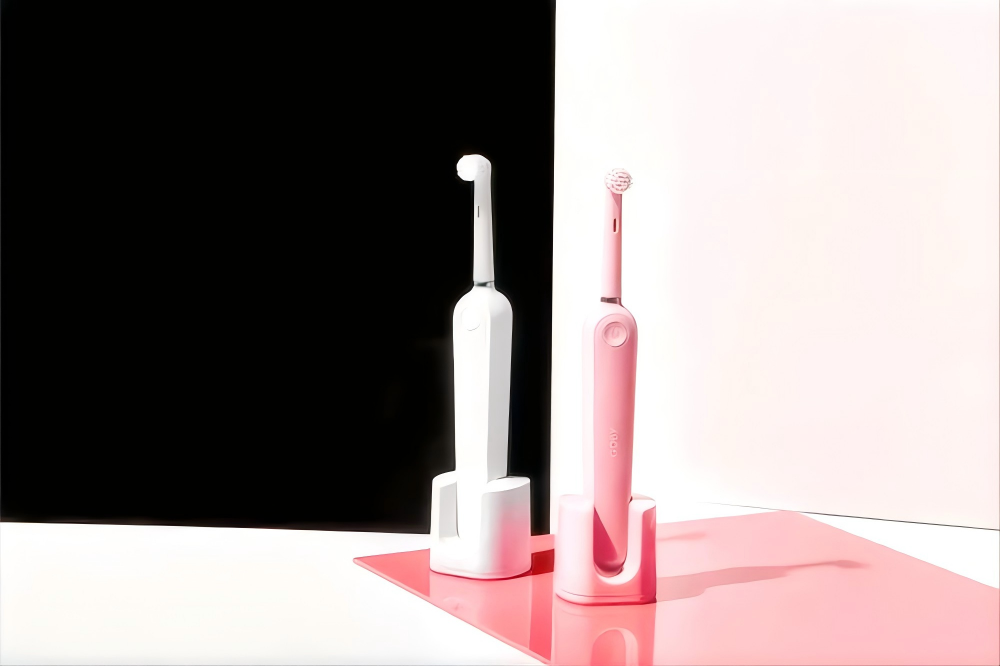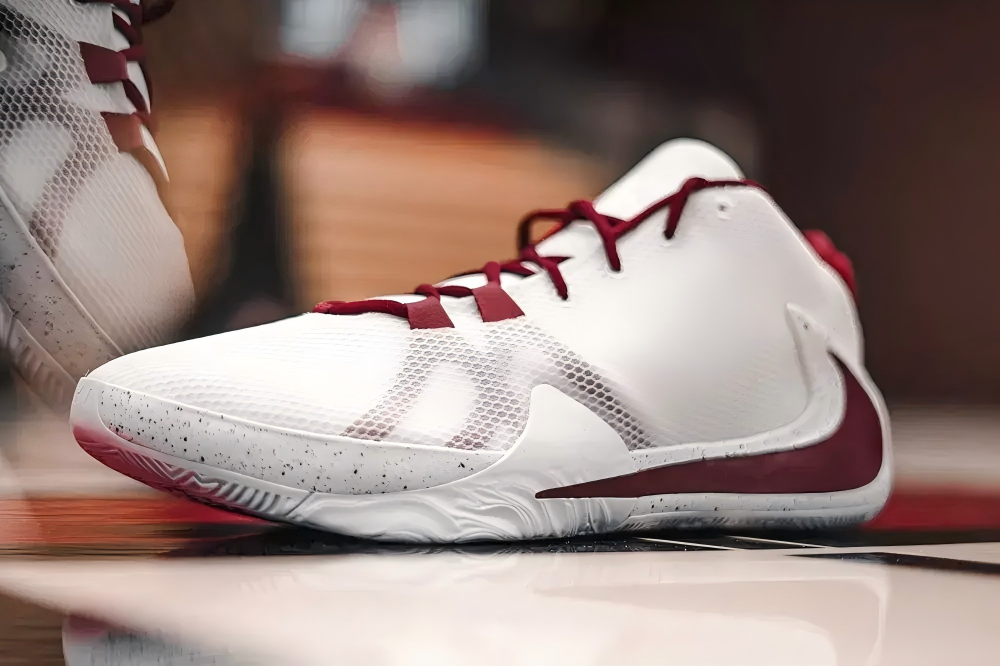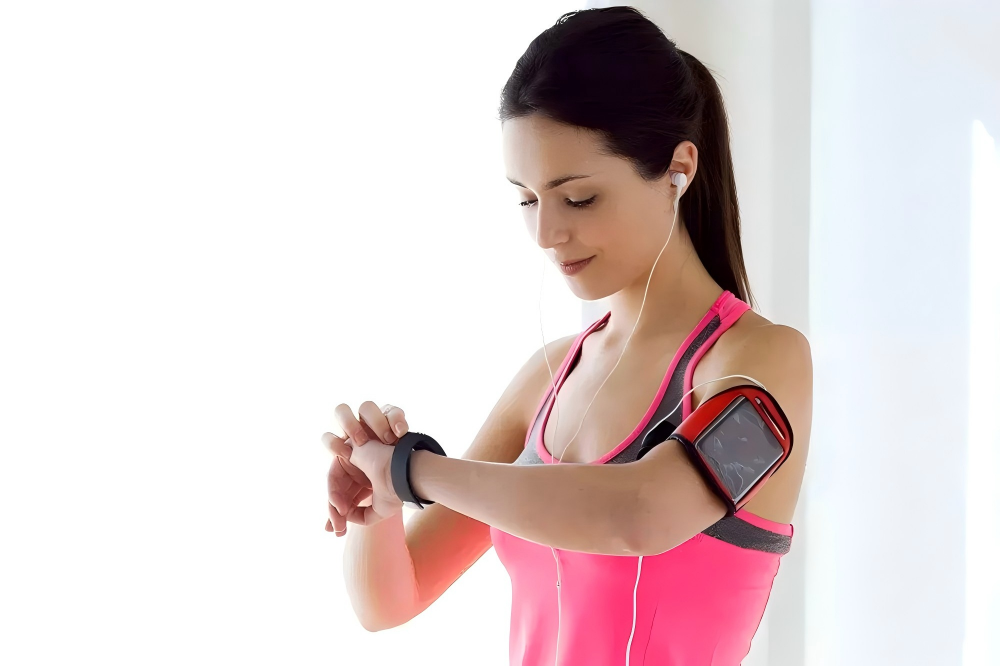APPLICATIONS
Thermoplastic elastomers (TPEs) are versatile materials widely used across demanding sectors such as medical devices, automotive components, personal care products, sporting goods, footwear, consumer electronics, and industrial construction. Their unique combination of elasticity, durability, and processability makes them ideal for applications requiring both performance and comfort. TPEs also offer advantages in recyclability and design flexibility, supporting innovation and sustainability across industries.

Medical
TPEs are safe, non-toxic, and non-allergenic materials that offer high clarity and excellent processability. Their favorable properties make them ideal for a wide range of applications, especially where quality and user safety are paramount. Unlike PVC or latex, TPEs avoid critical disadvantages such as potential toxicity or allergenic reactions, and they are more cost-effective than silicone. Medical-grade TPEs can be sterilized using standard methods, and the material provides outstanding sealing performance and adhesive strength, making it a reliable choice for demanding environments.
Automotive
Thermoplastic elastomers (TPEs) are widely used across the automotive industry, contributing to safer, more comfortable, and environmentally conscious driving experiences. Common applications include interior components such as soft-touch surfaces, dashboard skins, and instrument panel seals; exterior parts like mirror housings, roof rails, and spoilers; and under-the-hood elements including hoses, gaskets, connectors, and protective linings. TPEs offer key advantages such as reduced weight, excellent durability, wear resistance, and reliable performance under varying temperatures and conditions. Their recyclability and energy-efficient processing also support automotive manufacturers in meeting sustainability targets.


Personal care
Personal care products demand high standards of hygiene, comfort, and skin compatibility. Thermoplastic elastomers (TPEs), with their softness, flexibility, and ease of processing, are widely used in items such as disposable hygiene products, adult incontinence materials, personal wipes, razors, and toothbrushes. These compounds can be processed efficiently on standard TPE equipment without the need for pre-drying, streamlining production. Their compatibility with both polar and non-polar substrates enables broad design flexibility, which is essential for converting processes like over-molding, co-extrusion, and lamination. Additionally, medical-grade TPEs can be sterilized using conventional methods and may be customized with antimicrobial properties or fragrances to enhance product appeal and functionality.
Sporting Goods and Footwear
Thermoplastic elastomer (TPE) compounds offer significant advantages in the production of sporting goods and footwear. Their lightweight, flexible, and durable nature enhances product comfort, performance, and design versatility. TPEs are commonly used in grips, straps, soles, midsoles, and cushioning components—providing excellent shock absorption, slip resistance, and ergonomic support. Compared to traditional materials like rubber or PVC, TPEs are easier to process, recyclable, and compatible with sustainable manufacturing practices, making them a smart choice for brands aiming to improve both product quality and environmental impact.


Consumer Goods
Thermoplastic high-performance elastomers used in TPE compounding are distinguished by their exceptional softness, elasticity, and processability. Compounds based on styrenic block copolymers (SBCs)—such as SEBS, SEPS, and SIS—are widely used in consumer goods for their ability to deliver excellent mechanical properties at reduced weight compared to conventional materials. These materials offer superior flexibility, rebound resilience, and low-temperature performance, making them ideal for soft-touch grips, ergonomic components, and durable surfaces. Their compatibility with various substrates and ease of processing also support efficient manufacturing and innovative product design.












